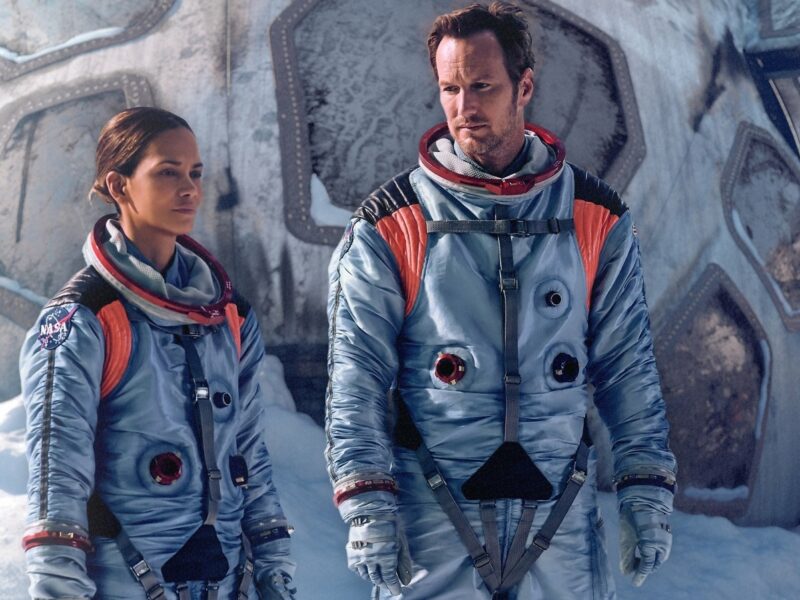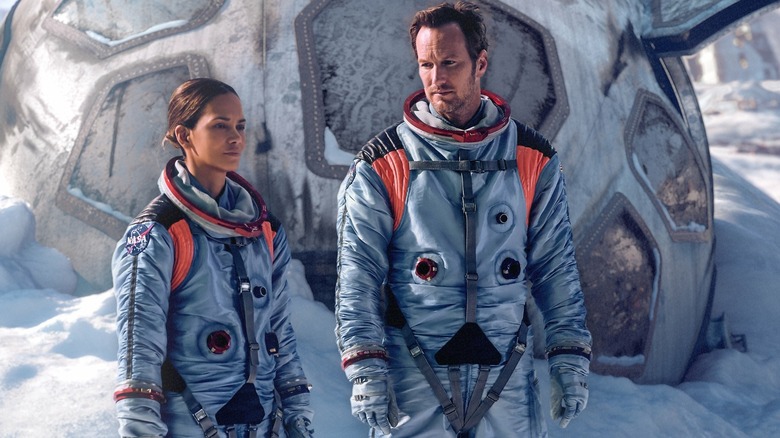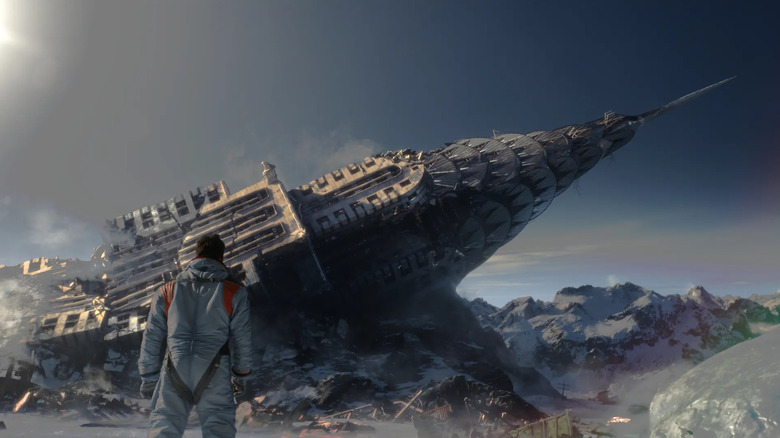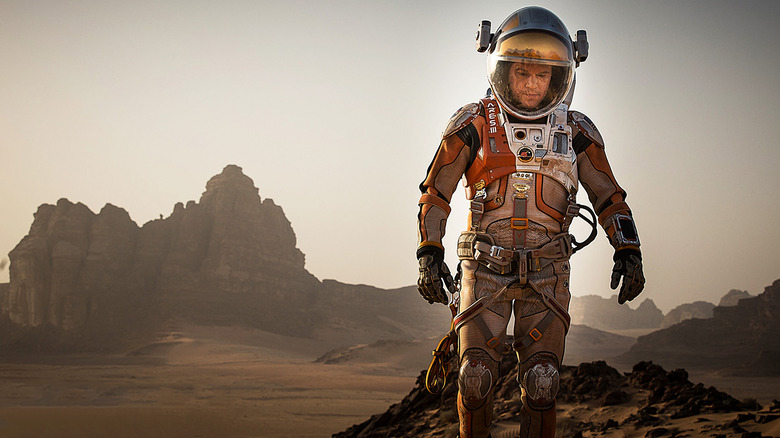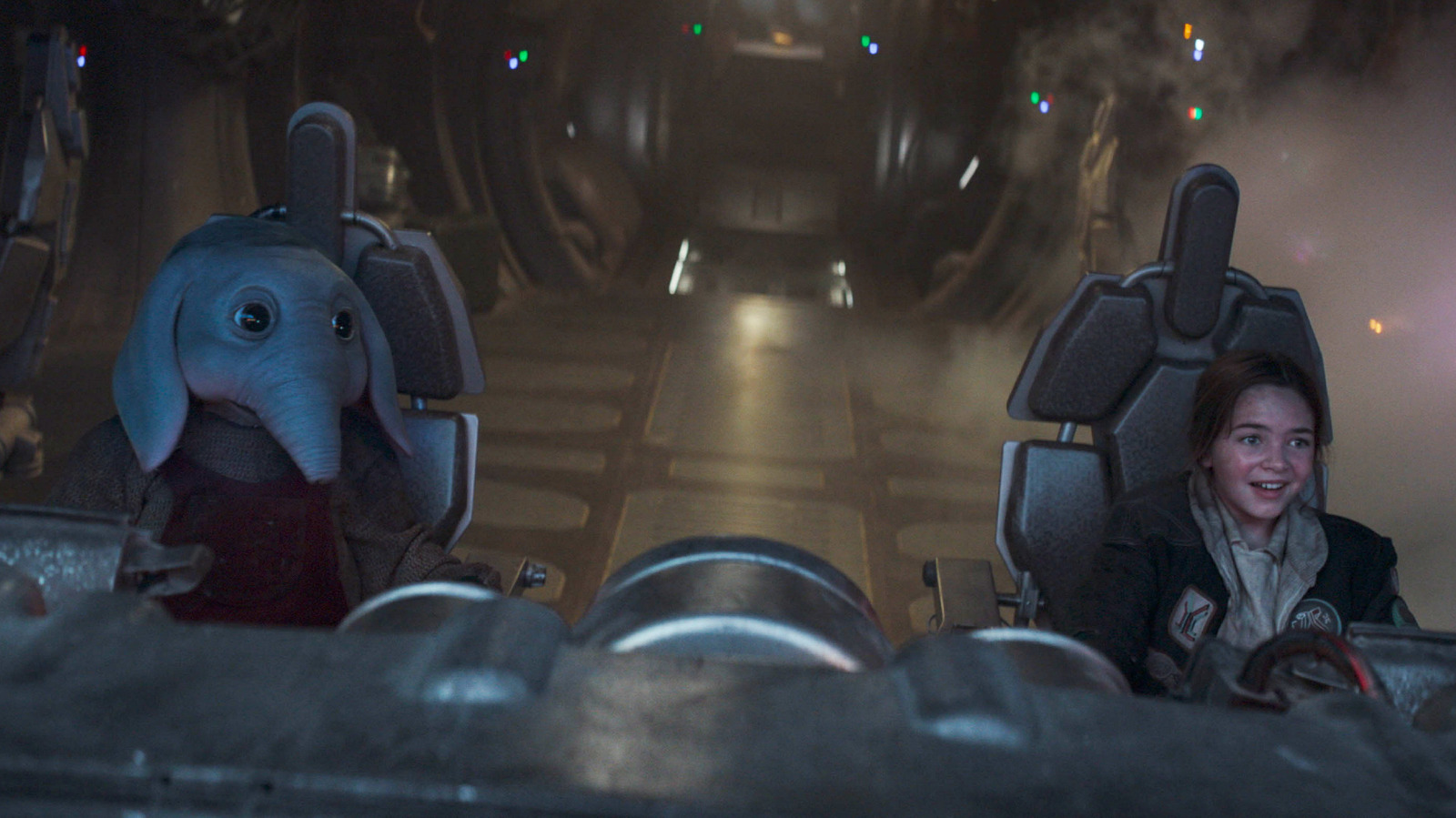Just know that when famed astrophysicist Neil deGrace Tyson highlights the bad science usually found in major Hollywood blockbusters, he's not trying to spoil anyone's fun. He's just a nerd, and I think we can all respect that. There's nothing shameful about having a lot of scientific knowledge, and when a film points out errors in physics and astronomy, it can only, one would hope, encourage the filmmakers to be more accurate next time. Example: Tyson infamously complained to director James Cameron that in “Titanic” he got the night sky wrong. Tyson knew what the constellations looked like in the North Atlantic on that fateful night in April 1912, and suggested Cameron use digital trickery to rework the sky to match. Cameron, also being a nerd, grateful.
However, when it comes to most space movies, Tyson has a lot to complain about. Audiences have assumed that most science fiction spaceships, for example, are equipped with “artificial gravity”, when there is none. The physicist points out that the ship must be spinning sideways to keep its occupants stuck to the floor. And of course, any science student could tell you that there is no sound in space, and that the growling starship engines, crazy blasters and spectacular explosions will actually be silent.
However, there are some movies that would strain anyone's credulity. For example, Michael Bay's 1998 thriller Armageddon is about a team of oil drillers and astronauts who fly to an oncoming comet to blow it up. On 2024 episode of “The Jess Cagle Show” Tyson pointed out several reasons why blowing up a potentially lethal comet is a bad idea. In fact, he once thought Armageddon was the most shameless sci-fi movie ever made.
But “Armageddon” was recently replaced by an even dumber movie. Tyson has some harsh words Roland Emmerich's 2022 blockbuster Moonfall.
Moonfall defies all laws of physics
“Moonfall” is about a pair of astronauts (Halle Berry and Patrick Wilson) who were on a casual space mission back in 2011 when Wilson's character witnessed a swarm of alien spaceships. No one believed him and he lost his career. Ten years later, Barry and Wilson are contacted by a wild conspiracy theorist (John Bradley) who claims that the moon itself is a massive, man-made superstructure and that an entire alien civilization resides on it. He also noticed that the Moon is falling out of its orbit and will begin to move closer and closer to the Earth.
As the Moon does this, Earth's weather systems are disrupted. Eventually, it gets so close that the Moon's gravity begins to lift people off the Earth's surface. The three main characters fly to the moon … and find aliens hiding inside. The film is pleasantly dumb and over-the-top, like many of Roland Emmerich's films.
On social media, Tyson announced that “Armageddon” “broke more laws of physics (per minute) than any other movie in the universe.” That honor once belonged to Disney's 1979 film “The Black Hole,” he said. Rather unfortunately, “Moonfall” came along and blew them both out of the water. “That's what I think until “I saw the movie 'Moonfall,'” he said on “Jess Cagle” before laughing. He angrily described the film as follows:
“It was a pandemic movie (..) – you know, Halle Berry – and the moon is coming to Earth, and they found out that it's hollow. And there's a moon made of rocks. And the Apollo missions were to visit and feed the moon creature.* And me… And I just couldn't… I thought 'Armageddon' was safe to hold that crown, but apparently not.
Tyson doesn't even bother to go into detail about the myriad reasons why the physics of “Moonfall” are wrong. Many of them may seem obvious to viewers. For example, the moon falling to Earth would prevent you from doing sick car jumps.
*Editor's Note: This plot summary is not entirely accurate.
What would it take to make you happy Neil??
By his looks on “The Late Show with Stephen Colbert” Tyson pointed out that sometimes Hollywood gets it right. He might have hated that the sky was wrong on Titanic, but he believed that if a resourceful scientist and engineer had been involved, fewer people would have drowned. He wanted Leonardo DiCaprio's Jack to be more like Matt Damon's Dr. Watney from Ridley Scott's 2015 film The Martian. Tyson likes “The Martian” because it actually explores real physics and practical space travel. Tyson even explained the scientific accuracy of “Mars”. video essay in Slate.
Indeed, Tyson has posted video on his own StarTalk channelin which he ranked science fiction films based on their accuracy (or lack thereof), broad concepts, and even philosophy. He ranked “The Black Hole” as one of the most important movies he's ever seen, just because it was so bad. He saw the film in college and was outraged that no research was done when it was made. But he also liked “The Matrix”, despite the fact that the human brain is not practically used as an energy source. Tyson also positively cited such films as “Contact”, “Interstellar”, “Gravity,” “Arrival,” “The Quiet Earth,” and even “The Blob,” which he felt was the most accurate portrayal of aliens. Why would an alien be a human-like biped?
But know that Tyson also counted Robert Zemeckis' time travel thriller “Back to the Future” as one of the best sci-fi movies of all time… just because it's entertaining and well written. Yes, you can make up the science of time travel and how causation doesn't work the way it does in a Zemecki movie, but Tyson can have fun in movies. He's not just a stick in the mud. He's just trying to get readers to read more physics books.
Source link

